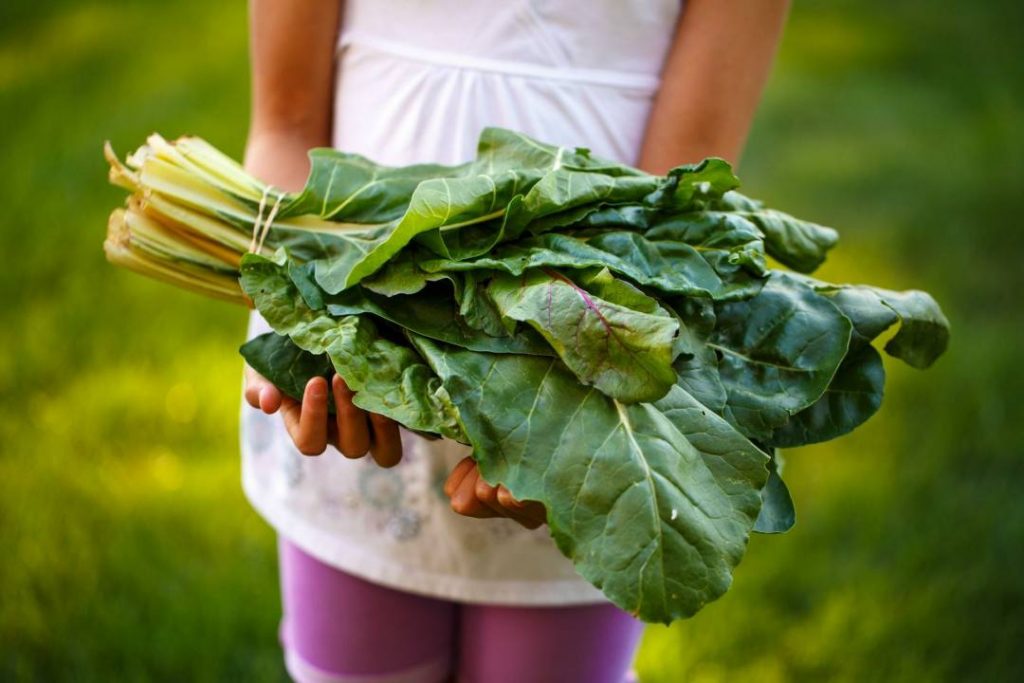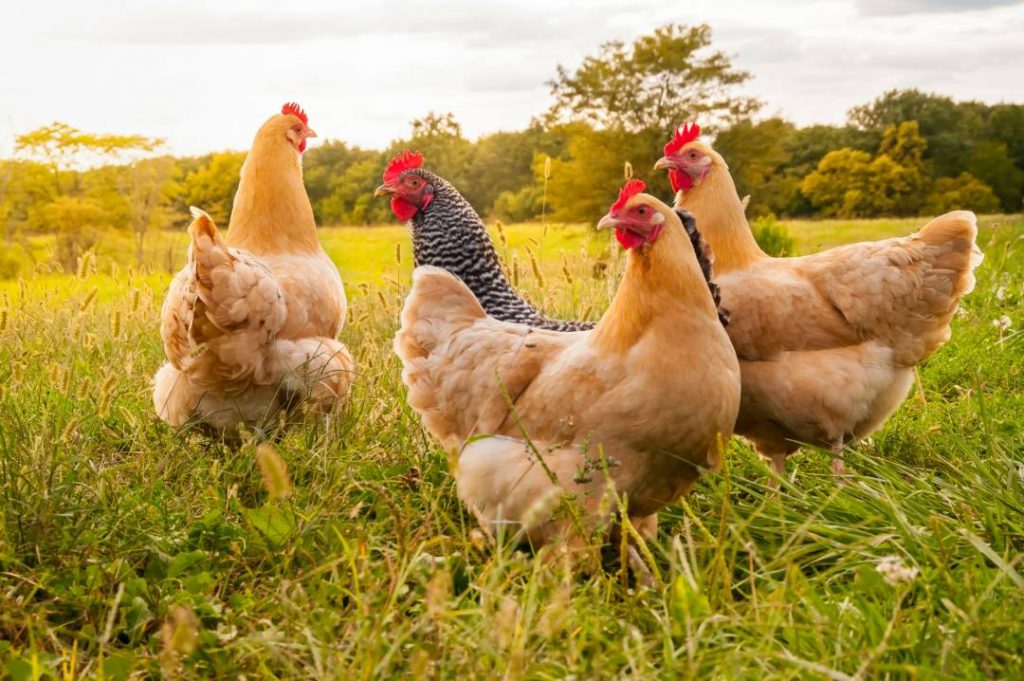“I went to the woods because I wanted to live deliberately…and not, when I came to die, discover that I had not lived.” – Henry David Thoreau
Article submitted by Zoe Morrison
 Whether it’s for environmental reasons, for survivalist purposes, or simply because you want to live a more wholesome and self-sustainable lifestyle, creating your own homestead looks different for everyone.
Whether it’s for environmental reasons, for survivalist purposes, or simply because you want to live a more wholesome and self-sustainable lifestyle, creating your own homestead looks different for everyone.
You want your family to live a comfortable and happy life. With kids mixed in, it’s understandable to have questions on how they would fit in the homesteading setup. This particular lifestyle comes with plenty of benefits for your kids to grow into.
With your guidance, an appreciation for the little things could be instilled in the hearts and minds of your children. Having them participate in homesteading activities could help them develop a strong work ethic and a love for the environment. There are many learning opportunities in the homesteading life that could greatly help your kids survive and succeed.
The tasks you could let your kids try don’t have to be all serious and focused on responsibilities. Children can still develop important values through different types of projects. There could be activities in your homesteading projects that are both fun and educational. This list will give you great ideas on how to help your kids adjust, so you can get them involved as young as possible!
1. Grow A Garden
Growing a garden means plenty of jobs for the whole family! Even kiddie can learn how to grow small plots, so it’s a good place to start.
Little ones can be masters at pulling weeds. They can be taught where to plant whichever fruits or vegetables. Older kids can learn how to use rakes and hoes – kids do love digging in the dirt!
Teach your kids the basics of gardening by having them work on small starter container plants indoors, or an herb garden that can be grown in kitchen windows. Have them help you pick out fruits and vegetables, or favorite flowers to grow in various seasons.
Giving kids their own small garden plot teaches them responsibility. Growing fruits, vegetables or even trees and flowers is a great way to give back to the environment, not to mention is also a great way to cut down your grocery bill!
2. Start A Compost Pile
A compost pile is a fantastic place to start when you’re teaching kids gardening skills. A family compost pile helps lower your waste production and can be a source of easy chores for children. These compost chores can introduce kids to the very concept of sustainability. Set up a family compost schedule and take the opportunity to teach the kids how food gets broken down into nutrients to feed the soil. Older kids can learn to use the wheelbarrow while the little ones can be put in charge of what should and shouldn’t go in the compost heap, so you can make sure no opportunity gets missed!
 3. Raise Chickens
3. Raise Chickens
Chickens are a great first-time farm animal, with plenty of benefits for a backyard homesteader. They need to be brought into your family young, so kids can have fun handling and naming your chickens. Chickens make good garden helpers, since they’ll eat everything from pests to weeds. They’re great low-maintenance pets since they can basically roam free in an enclosure. You can have your children be in charge of keeping the chickens in an enclosure. Interacting with chickens can be good fun for your kids.
On a side note, if you are building a coop for the chickens, you can delegate tasks depending on the age of your children. This project could be a good opportunity to show them simple hand tools. If your kids are older, they could even help out in small tasks for building the coop or in doing tasks like using the wheelbarrow to haul materials during the project.
4. Let Them Help You in The Kitchen
There’s always something to do in the kitchen so get the kids involved. Whether it’s reading off a recipe while you work, measuring ingredients for yummy preserves, or helping you bottle homemade cleaners, there’s plenty to keep little hands occupied in the kitchen.
One of the great parts of homesteading is knowing what your family is eating. While doing kitchen activities, you can open up conversation about the value in growing you own food. Show them the organic ingredients that you are putting in what you are cooking. You may choose to talk about how you grew these produce in best (safer) way with greener cleaning and pest control methods. Tell them why these methods are best used. You can also talk about how these methods impact the quality of the produce or the health of the person eating the produce. Guide your kids in connecting as many dots as possible.
When it comes to recipes, start your kids off with simple ones. See if the ingredients in the recipes are something that your younger kids are familiar with. As your kids get older, ask them to help out with meal planning. Guide them in choosing or making balanced meals. This exposure together with your presence and patience would help in preventing picky eating behaviour. Kids who learn to cook tend to be more comfortable with trying new things. They are also more likely to eat less processed meals.
5. Teach Them Basic Tool Maintenance
When teaching kids how to use tools, start with the basics. Before letting them handle the tools, you should make sure to orient them on the basics of safety. Let them in on the proper attire or equipment to wear when handling tools. Try to stick to hand tools while they’re young and inexperienced.
You can expose them to simpler and safer tools by introducing them to kits. For example, if you plan on doing woodworking activities, familiarize them with the basic woodworking kit and use that kit to do a simple project. Another example would be introducing them to bike kits and demonstrating how the tools are used to fix minor bike problems. If they get used to these kits and learn the function of each tool, they could help out with various DIY projects to further their experience.
After familiarizing them with various simple tools, teach them about tool maintenance. This could keep them safe when they’re ready to take on big jobs as they’ll have knowledge like spotting rust, loose parts, and other malfunctions before even beginning a task. Tool maintenance can allow your kids to see the importance of taking care of their things.
 6. Take Them Hiking
6. Take Them Hiking
Hiking isn’t just about appreciating nature. Getting the kids out into the woods or national parks is a great way to start teaching them about plants and natural medicines. Hiking offers an opportunity to learn about the properties of nearby plants, and even learn the basics of first aid.
As your family grows, regular hiking and camping trips can be a good opportunity to learn and acquire survival and even hunting skills. You could show them how to cook off the land, how to spot edible plants, etc. Your camping sessions doesn’t have to feel overly educational for them make a good impression. Spending time in nature with your kids could help bring about certain personal realizations about your surroundings. It is an opportunity to discover how nature plays an important part in our lives. Aside from these emotional and mental benefits, studies show fresh air and wilderness can boost your immune system!
If you’re decided on living a more sustainable life, be aware that there will be plenty of challenges ahead. The best way to keep your home running smoothly is to ensure everyone helps out. Even the little ones helping in little ways could mean a lot. Starting them with kid-friendly jobs can do so much for their development.
Freedom to make mistakes
While your kids are still learning, remember to give them the freedom to make mistakes. Even if things get a little messy and chaotic, the lessons they learn will be invaluable. Let them have their own chores, suitable to their age level and skill, but also find ways to keep them involved in bigger jobs. As they grow up, they’ll be able to handle other tasks on their own. They’ll be self-sufficient but also know how to work in groups.
If you really want to involve your children, there is no shortage of kid-friendly projects in the homesteading life. The important thing is to make sure that this decision will be made by the whole family and would be most beneficial to the kids above all. Finding ways to include the kids in your homesteading projects will set them up to live cleaner, more responsible, and more sustainable lives. The best part of this is that this allows you to spend more quality time together as a family!



